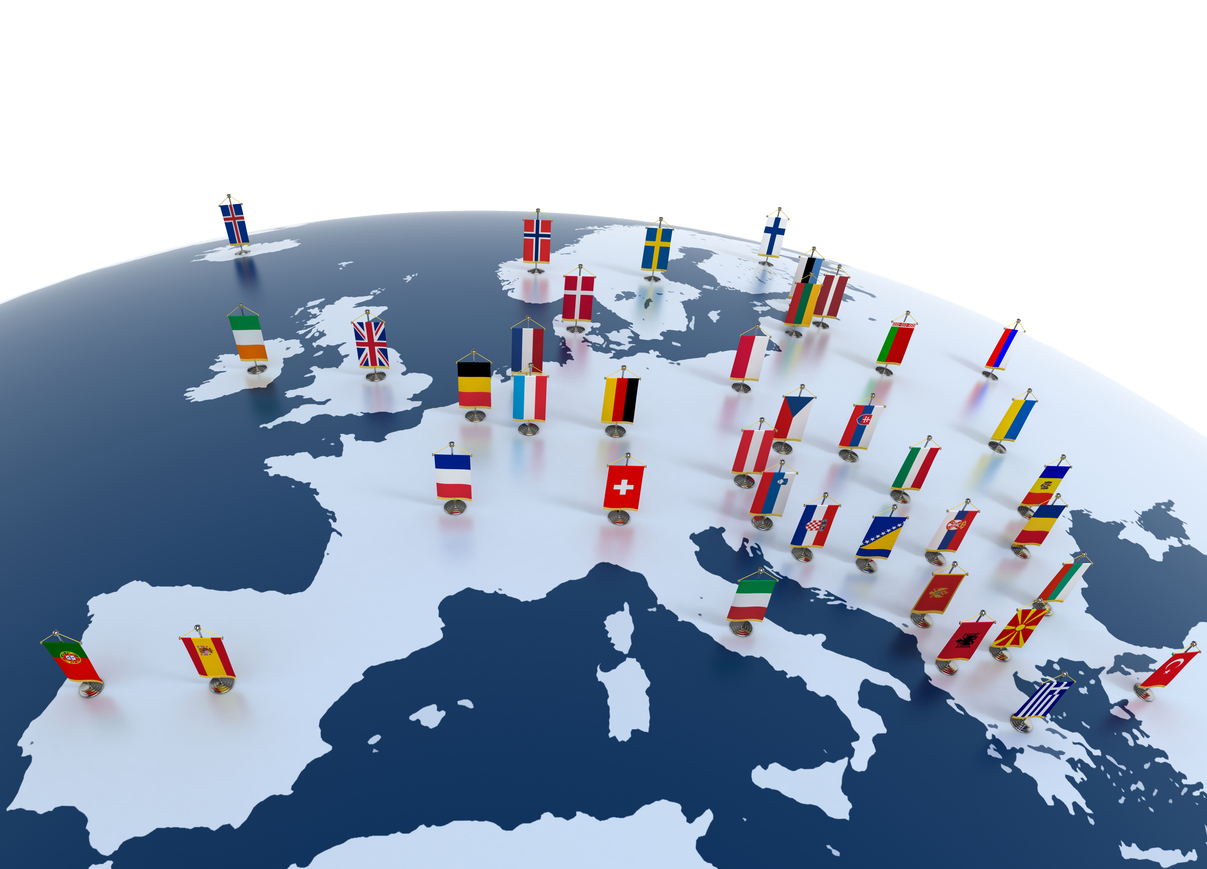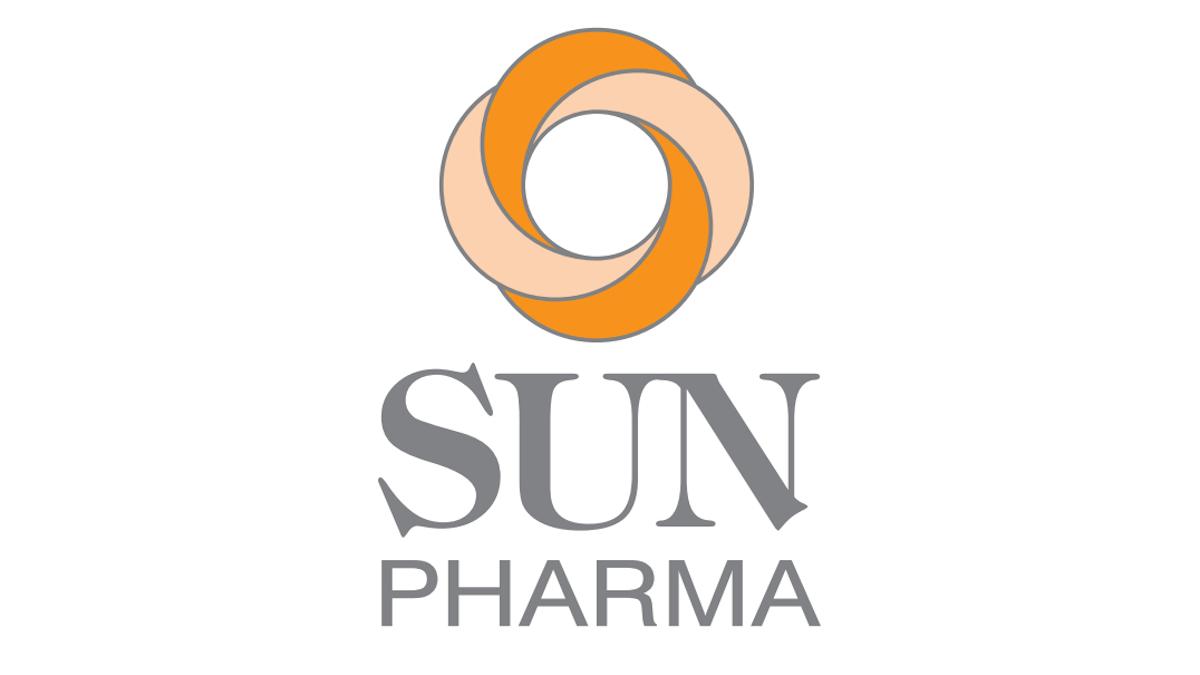3 Questions on biosimilars in Europe: Adrian van den Hoven

Adrian van den Hoven is Director General of Medicines for Europe, the organisation representing the generic and biosimilar medicines industries in Europe. Here he addresses three big questions facing the sector in 2018.
[caption id="attachment_34666" align="alignnone" width="157"] Adrian van den Hoven[/caption]
Adrian van den Hoven[/caption]
2018 will be a big year for biosimilars in Europe - what barriers remain to maximum uptake and healthcare savings?
Yes, 2018 will be a big year for biosimilar medicines development in Europe because two important biosimilar cancer treatments (bevacizumab and trastuzumab) will come to market (a third, rituximab, is already on the market). This will create tremendous opportunities to bring competition in this area.
We can’t be sure of the precise savings because these are hospital medicines, and most rebate contracts are confidential. We’ve been informed that biosimilar rituximab is very successful in many tenders, which suggests that that price competition is quite fierce.
Perhaps more important than savings, though, is the improved access. It’s well known that governments may restrict high-priced biological medicines, and we anticipate that the volume demand for these will increase substantially across Europe as price competition takes root.
We expect this to be especially significant in Eastern Europe where government spending on pharmaceuticals is low. Therefore, we expect many more patients to get access to these therapies thanks to biosimilar competition.
In addition to cancer, immune-therapies should also benefit from more biosimilar competition in 2018 as the Supplementary Protection Certificate (SPC) on adalimumab should expire in Europe. The original product (AbbVie’s Humira) is of course the best-selling drug in the world with around $16 billion in annual global sales. Here, again, we anticipate strong price competition but, more importantly, greater access to the biosimilar version in countries where this medicine is restricted - one has to remember that there are also restrictions in Western Europe as well.
Finally, there is an important industrial policy agenda for this sector too. Most biosimilar medicines are manufactured in Europe and the Commission is currently working on some key reforms to the SPC to enable manufacturing for export during the protection period. Of course, these will not be allowed to be sold in protected EU markets, as this would be an infringement. Nevertheless, we are convinced that this change will make our manufacturing sector much more competitive as the global market for biosimilar medicines develops (currently 9/10 biosimilars are dispensed in Europe globally). This is our association's highest policy priority.
Could you paint a picture of the savings impact of biosimilars in European healthcare so far, including insights on regional variations?
Again, it is difficult to assess savings as list price differences are in the 20% range, but we know that hospital tenders lead to significant further price reductions. In addition, savings are secondary to improving access by treating more patients (or treating them earlier where medically appropriate).
What we can say is that there are three types of countries across Europe: some with very high biosimilar uptake like Denmark, Norway or Poland, some with medium uptake, like Germany, Italy or France, and some with almost no uptake, like Ireland or Belgium. The latter two countries have systems that favour the originator drug in procurement, which explains the low penetration.
What we can also see is that uptake of biosimilars is much higher in the hospital sector (products like infliximab or rituximab) than in the retail sector (products like insulin) because there needs to be a connection between the cost of the product and prescriber behaviour. If there is no connection, there is no incentive to prescribe lower-cost biosimilar medicines. It can be something very simple, like reducing the paperwork physicians need to fill in for a (lower cost) biosimilar medicine, and then you see higher prescribing.
Where patients need to co-pay, you will also see more biosimilar prescribing, due to cost for the patient which doctors often consider in their behaviour. We hope that more governments will work in support of biosimilar uptake as the access benefits for patients are huge. We have a campaign (www.accesstomedicines.eu) that encourages governments to do so; it has lots of good data to justify this.
Lastly, early 2018 is a critical juncture for Europe regarding Brexit - how do you see these challenges being resolved?
Yikes! This is a scary one. Like all industries, we are deeply concerned about this and the slow pace of the negotiations. Our industry is highly integrated and regulated so unravelling the connection to the UK will be extremely complex. We are mainly concerned with the ability to trade medicines between the EU-UK during a transition period.
This covers issues like the marketing authorisation, quality assurance (ie batch release which will be a major problem in the case of a 'hard Brexit') and clarity on key dates for expiry, like the SPC.
We hope that the EU-UK will agree to a pragmatic transition period and negotiate an aligned framework for our industry in a future legal arrangement. Of course, the big political issues like citizens' rights, Northern Ireland and the budget will need to be settled to enable a constructive discussion on technical (but important for access!) issues like pharmaceutical regulation.
Visit the Medicines for Europe website here. The Medicines for Europe Pharmacovigilance conference is in London on 24 January 2018.













